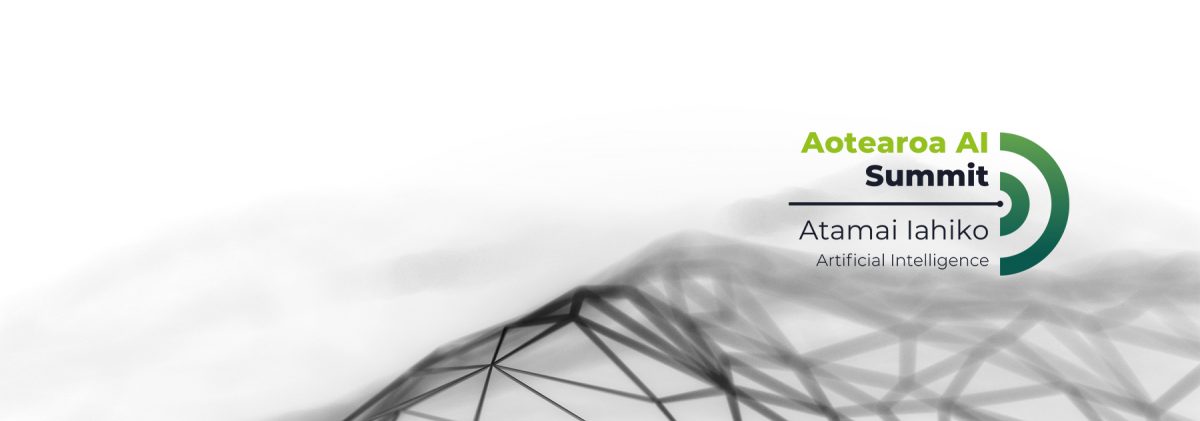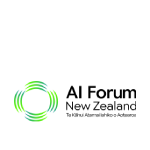Happy New Year! I hope you enjoyed farewelling an extremely difficult year and had a brilliant break.
We’re really excited about our upcoming annual conference, Aotearoa AI Summit – good for Aotearoa, good for the world. You may consider ‘good for Aotearoa, good for the world’ a bold statement, but I believe New Zealand’s unique approach means our AI use, creation and consumption could be good for the world too!
In previous years, our annual events have concentrated on building awareness, often focusing on AI in other parts of the world. However this year, we move the focus to a deeper discussion about what and how we can apply AI, for the benefit of New Zealand. We think it’s time to hone in on Aotearoa’s achievements, ambitions and potential to mindfully harness the immense opportunity AI seeds.
It’s the last few days for early bird ticketing, so please ensure you buy your tickets before the 31 January!
Techweek2021 has opened for event submissions and we are interested to hear from our members who would like to collaborate with us in delivering AI related interviews, panel discussions and talks. If you would like to share the Techweek stage with the AI Forum, please get in touch.
In other news, Google has trained a new language model with over a trillion parameters with Switch Transformers. OpenAI’s GPT-3 is one of the most famous deep learning models, and previously boasted 175 billion parameters – nothing compared to six times larger at 1.6 trillion! The Switch Transformer architecture significantly boosts the number of parameters while maintaining the computational cost thanks to the Mixture of Exports (MoE) method and will start to reduce the inhibitive cost of using models like this for mainstream adoption.
After completing over a million simulations, the US Air Force has successfully piloted a plane with an AI algorithm for the very first time. The µZero algorithm successfully co-piloted a U-2 spy plane in a training mission above California on 15 December.
“We trained µZero – a world-leading computer programme that dominates chess, Go, and even video games without prior knowledge of their rules – to operate a U-2 spy plane,” wrote Dr Roper.
An Israeli AI startup, Binah.ai have created a health monitoring app that analyses a person’s face for medical grade insights. The app extracts vital signs using a video of a person’s upper cheek region of the face, then combines machine vision, deep learning algorithms and signal processing to measure a wide range of vital signs such as heart rate, oxygen saturation, respiration rate, heart rate variability and mental stress.
Meanwhile, the quest continues to increase computing power for complex neural networks. An international team from the Institut national de la recherche scientifique (INRS), have introduced a new photonic processor that could transform current restrictions. Researchers turned to photons, instead of electrons, to carry information at the speed of light. This means their optical neural network can churn through large scale data and images at speeds beyond ten trillion operations per second.
Kia whakatōmuri te haere whakamua.
Emma
To receive our full newsletter including additional industry updates and information, subscribe now






